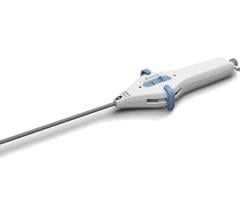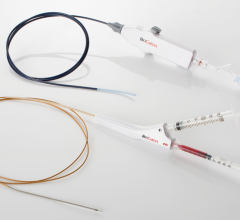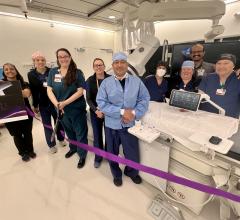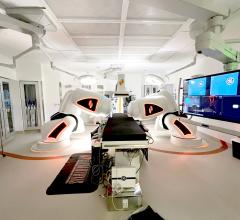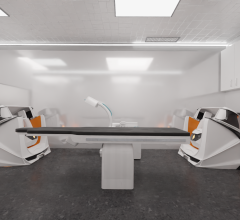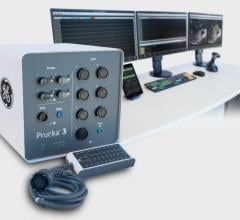December 21, 2010 - The outcome of a recent expert consensus workshop offers six specific research recommendations in high-priority areas for sudden cardiac death (SCD) prediction and prevention. In the United States, SCD claims more than 250,000 lives annually and is the cause of half of all heart disease deaths. The report, “Sudden Cardiac Death (SCD) Prediction and Prevention: Report from a National Heart, Lung and Blood Institute (NHLBI) and Heart Rhythm Society Workshop,” was published in the November 30th issue of Circulation, an official journal of the American Heart Association.
The purpose of the workshop was to discover emerging approaches for improved prediction and prevention of SCD. The expert panel, which consisted of 24 arrhythmia investigators, was asked to consider the three broad areas of basic, clinical and population sciences.
“With the support of HRS and NHLBI, the workshop provided a unique venue to tackle complex biomedical issues,” said Glenn Fishman, M.D., FHRS, at New York University. “It afforded experts the opportunity to challenge old concepts and debate new ideas, with the hope that our individual and collective creativity would provide a useful roadmap for future exploration.”
The report outlines the outcomes of the expert consensus workshop – identifying knowledge gaps and a series of six specific recommendations for future research approaches in order to improve the prediction and prevention of SCD. Recommendations (not prioritized):
• Establish multi-scale integrative models, utilizing molecular, cellular, organ-level, animal and computational approaches, and apply these models to determine arrhythmia mechanisms.
• Establish high throughput experimental strategies to rapidly determine the functional relevance of newly discovered genes associated with arrhythmias in humans.
• Develop novel risk stratification strategies to improve outcomes in select populations, including those with ICD indications.
• Facilitate study of well-phenotyped SCD and control populations, including understudied subgroups.
• Develop and validate a SCD risk score utilizing phenotypic, biologic and non-invasive markers.
• Establish strategies for SCD prevention that can be employed in the general population, targeting intermediate risk phenotypes.
“This report is critical to helping us identify limitations of current understanding and point the way to the most fruitful research avenues for the future,” said Douglas Packer, president of the Heart Rhythm Society, M.D., FHRS. “The Society is pleased to collaborate with the NHLBI and we will continue our efforts toward innovation in electrophysiology and the prevention of sudden death for years to come.”
For more information: www.hrsonline.org

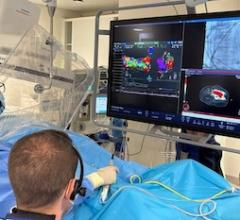
 January 29, 2026
January 29, 2026 



